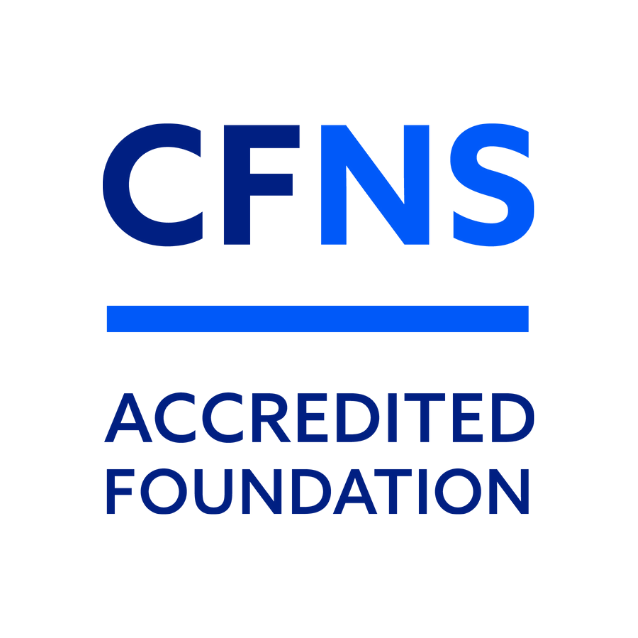CARES Act includes charitable giving tax incentives
Everyone learns and adjusts during this COVID-19 pandemic because every day is different, requiring us to live, work and play in ways we hadn’t before. This new world also includes new tax incentives for charitable giving included in the recently enacted Coronavirus Aid, Relief, and Economic Security Act, or CARES Act. What does this mean to the generous people in our region?
You may deduct 100 percent of cash contributions to most public charities. For the 2020 tax year only, you may deduct cash contributions to most charities up to 100 percent of your adjusted gross income. Ordinarily these deductions would be limited to 60 percent of your adjusted gross income. This higher limit will allow especially generous people to reduce their 2020 federal income tax to zero. Those who are even more generous can carry forward unused cash contribution deductions up to five years. Also note that the 100 percent limit is reduced dollar-for-dollar by other itemized charitable deductions, which means that your charitable deductions in 2020 cannot exceed 100%, but you may be able to carry unused charitable deductions forward to future years.
The 100 percent election may not always be the tax-wise choice. Because federal income tax rates are progressive, it’s not a given it will be to your advantage to deduct 100 percent of your cash contributions in 2020. Check with your financial advisor to determine if it makes sense for your specific circumstances.
Non-itemizers are eligible for a special $300 charitable contribution deduction in 2020. If you do not itemize your deductions in 2020, you can still reduce your taxable income by up to $300 for contributions of cash to public charities. A married couple can reduce taxable income by $600 for these contributions.
Required minimum distributions from retirement plans are waived for 2020. Most required minimum distributions from retirement plans have been eliminated for 2020. Check with your financial advisor to see how this temporary rule will apply to you. Minimum distributions that have already started are still required from some defined benefit pension plans, but some required minimum distributions that would have started in 2020 may not have to start until 2021.
Qualified charitable distributions are still a great way for donors age 70½ or older to make contributions. If you’re 70½ or older, a qualified charitable distribution or IRA charitable rollover allows you to contribute up to $100,000 to charity from your IRA without paying income tax. Although the usual benefit of counting toward your required minimum distribution has been waived for 2020, a qualified charitable distribution remains a great way for you to make tax advantageous contributions, especially if you who do not itemize your deductions.
While gifts to donor advised funds and supporting organizations are specifically excluded from these enhanced charitable giving provisions, donations to other funds at the Community Foundation such as designated, scholarship, unrestricted and field of interest funds like the COVID-19 Community Response Fund are eligible, along with direct gifts to nonprofit agencies.
The CARES Act, aimed to address the far-reaching effects of the COVID19 pandemic, provides additional tax incentives to encourage charitable giving.
You have important priorities for your family and loved ones, and we know their health and financial well-being come first. When you’re ready, the Community Foundation can help you shape a charitable gift plan that suits your needs and desires. Call us at 920-8301290 or info@cffoxvalley.org
We invite you to donate now to the COVID-19 Community Response Fund. You can also learn about who has given to the fund, the fund’s grant recipients, and check out our latest news and updates.



Leave a Comment